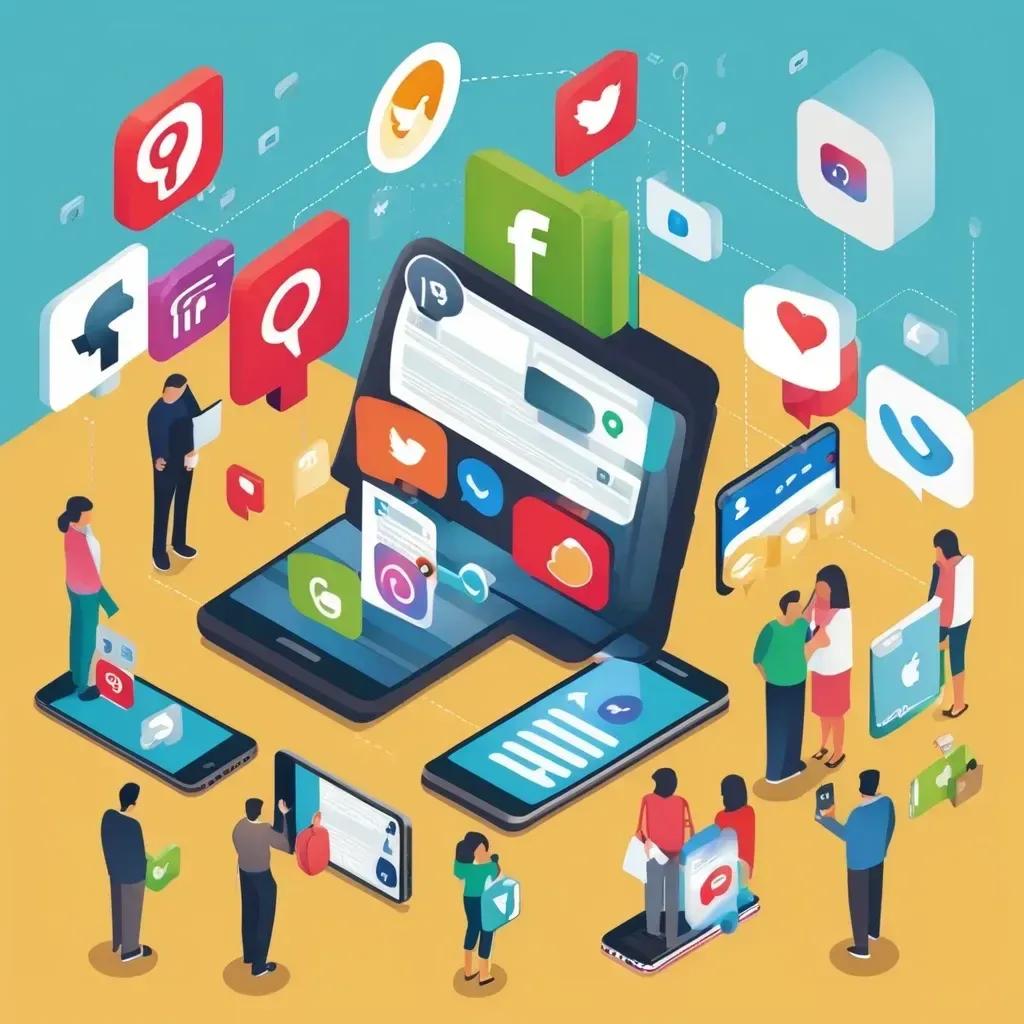A few years ago, I wrote my thesis investigating the concept of consumption and how this activity plays a fundamental role in our lives. Since the era of capitalism to the present day, the way we relate to consumption has evolved significantly. In the 21st century, we cannot think of consumerism without linking it to desire. It's not just about satisfying a need, but about the enjoyment and the possibility of repeatedly experiencing the emotions it provokes in our bodies. This is intensified in a present marked by accelerated technological advancement, which, while bringing great opportunities for growth at a global level, also promotes the immediacy of pleasure and instant enjoyment, freeing us from the tensions of daily life.
It sounds complex to escape the act of consuming, as from the moment we wake up until we go to bed, we are constantly consuming.
In the digital age, the emergence of social media and the ease of access to consumption with a single click have taken on a prominence that influences our way of thinking, living, and even relating. We spend long hours in front of screens, receiving information from various sources, and often comparing ourselves, sometimes unconsciously, with edited selections of other people’s moments. We face advertisements designed to push us to buy and people selling automatic formulas for well-being, creating a cycle in which we always want more and more.
The question What are we looking for when we consume? inevitably leads us to another: What emotion do we feel when we do it? As I mentioned earlier, consumption and emotions go hand in hand. Bauman, the philosopher and sociologist, already addressed this phenomenon in his book Consuming Life, where he analyzes the transition from a society of producers to one of consumers.
Various studies have shown that the overstimulation caused by screens is related to issues of self-esteem, depression, and anxiety. So, how can we regulate the impulse to enter an app without realizing the time we spend on it?
Many of us have found ourselves in a meeting or social outing where, despite sharing the same space, each person is on their phone. However, in my experience, the most memorable moments happen when we put the phone aside and connect with the present.
A few months ago, Apple launched a basic-functionality iPhone designed solely for making and receiving calls, aiming to reduce the stress caused by constant notifications. There are also apps that transform the phone into a minimalist tool. Could it be that we are going back a few decades when much of what we now consider basic for taking a break didn't exist?
I do not present this from a negative perception of reality, but as an invitation to question what and how we choose to consume. This is especially relevant for current generations, whose greatest challenge is learning to disconnect in order to connect with themselves. Living hyperconnected distracts us from identifying how we feel, what we want, and where we project ourselves.
Reconnecting with oneself in this context can be complicated, but it is increasingly necessary to implement regulation strategies, such as setting limits on app usage, practicing physical exercise, meditating, or engaging in any other activity that helps us focus on a single task. Often, I imagine our brain as a computer with multiple tabs open simultaneously: we work while buying an appliance, we click "like" on a neighbor's post while having lunch, and yes, all of that is still consumption.
I return to the initial question: What do you think about when you consume? Do you really need what you think you need, or are you just distracting yourself with external stimuli? We are drifting away from what is essential, dissociating ourselves from reality, and from the importance of connecting with ourselves and with others, sharing quality moments and creating meaningful memories.
Hitting the brakes and taking a moment to reflect on this allows us to step out, even if just for a moment, from the wheel of consumerism. It is an opportunity to take care of ourselves, disconnect, and find satisfaction in the simplicity of things, valuing what we already have instead of focusing on what we believe we lack.

Comments